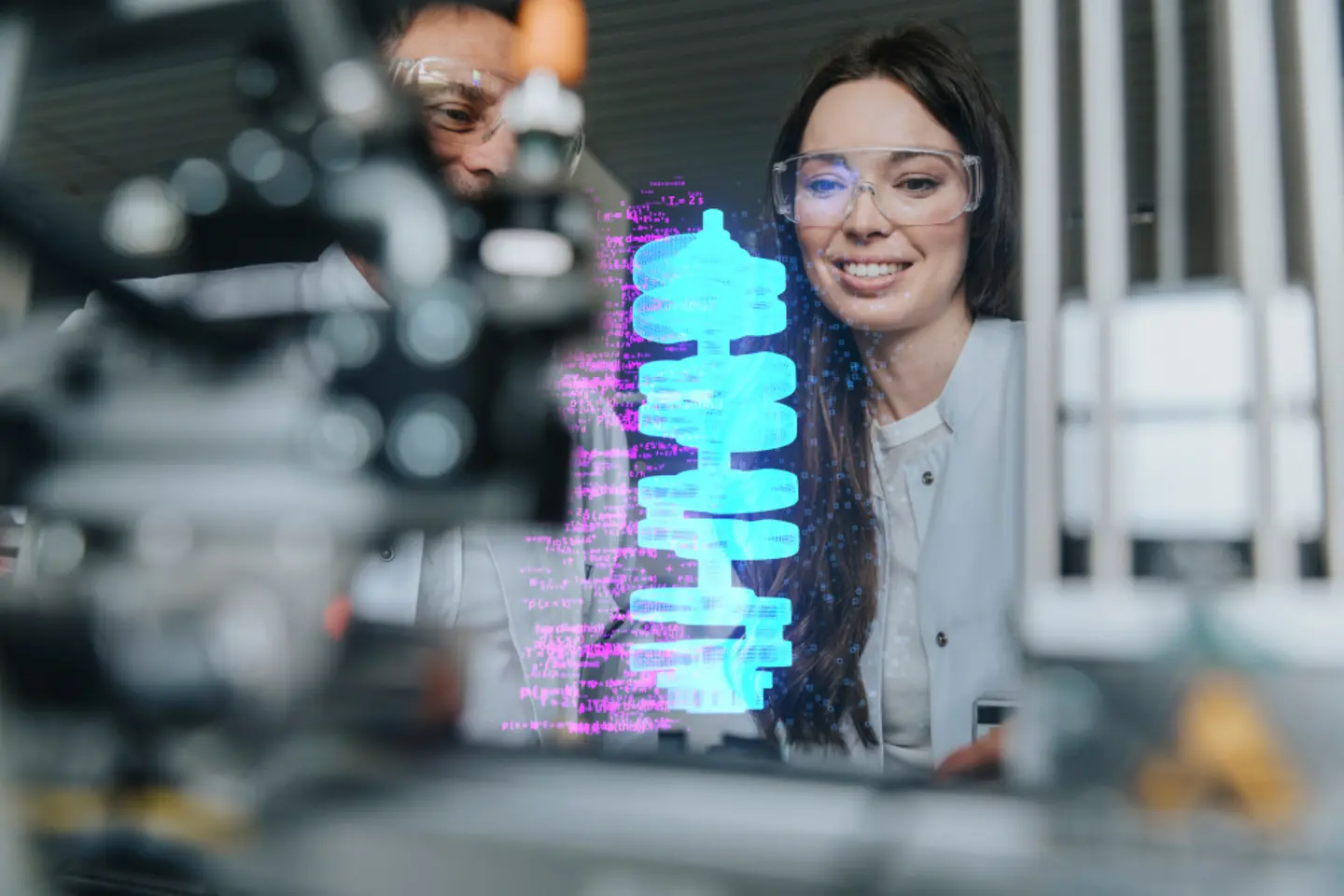
Cloud apps, artificial intelligence (AI) or hybrid workplace: Digital applications are increasingly taking over businesses. Not only do the applications all have to be put into operation and managed during ongoing operations, but also continuously expanded and modernized in order to flexibly support business processes. The best way to do this is through full automation within defined service level agreement (SLA), so that the desired performance is achieved and end users are satisfied.

As part of digitalization, the IT landscape inside companies is undergoing enormous change. According to the Bitkom Cloud Report 20231, 56 percent of the companies surveyed plan to run more than half of their applications in the cloud over the next five years. At the same time, 70 percent of companies worldwide are already looking at how they can use generative AI – for example, ChatGPT – for their business in a meaningful way. This was revealed in a survey published in May by the market researchers at Gartner2. In addition, the coronavirus pandemic changed the way we work. Although many companies now want their employees to come back to the office rather than work from home, flexible working from home or on the go remains a reality. Rightly so, as a fall 2022 study by the MIT Sloan Management Review (SMR)3 emphasizes: According to the study, more than 90 percent of the employees surveyed stressed that remote work had a positive impact on the corporate culture.
Whether cloud, AI or, remote work – end users today want to be able to easily access business applications anytime and anywhere. This naturally includes business-critical solutions such as SAP ERP or SAP S/4HANA. This increases the pressure on the team responsible for SAP Application Management in the company enormously. It must ensure that the SAP software functions reliably, offers excellent user experience (UX) and, thanks to continuous modernization, flexibly maps future requirements.
The success of SAP Application Management hinges on a professional service desk that quickly and insightfully handles user inquiries, resolves incidents, or makes desired adjustments to the application. For example, to improve the user interface or extend the functionality of SAP applications. The challenge: Often, companies simply lack personnel. They do not have enough SAP specialists, SAP administrators, or SAP developers for first, second, or third level support.
In general, talent shortage is a major problem in the IT industry. According to a study by ManpowerGroup4, more skilled workers will be needed across the globe in 2023 alone than over the past 17 years. Nearly four out of five employers report problems retaining the talent they are looking for. They emphasize that applicants with skills in IT and data processing are particularly difficult to find.
There is a particular lack of experts in the world of SAP. The recruitment firm Hays5 identified increased demand for professionals across all IT positions and industries in the first quarter of 2023. Although companies were primarily looking for IT security specialists, this was closely followed by the search for SAP developers. Experience has shown that there is a shortage of SAP experts, especially in major metropolitan areas – around Frankfurt am Main, Stuttgart, and Munich, for example. Specialists in individual SAP modules, such as SAP Production Planning (PP), SAP Extended Warehouse Management (EWM), or SAP Human Capital Management (HCM) are also rare and highly sought after.
Thanks to SAP Application Management and Modernization from T-Systems, companies remain unaffected by talent shortages, because T-Systems takes care of the management and modernization of SAP applications around the globe on their behalf. The market research company ISG ranked us as the leading provider in the Managed SAP Application Services category. T-Systems scores highly with industry-specific expertise, great customer proximity, a broad tool portfolio, and future-proof approaches. A key factor in this success is Ambition 4.0, an ITIL-based framework for the management and modernization of SAP applications. It combines more than 20 years of T-Systems’ experience in operating SAP systems and the knowledge gained from numerous SAP projects.
T-Systems’ Application Management provides comprehensive, end-to-end support for the SAP application lifecycle. The goal: Make applications more flexible, powerful, and scalable, ensuring they deliver the best user experience and meet all business needs – now and in the future. This involves much more than simply monitoring the SAP landscape. The focus is on forward-looking planning and further development of SAP applications:
As part of SAP Application Services, more than 2,600 experienced SAP experts from T-Systems around the globe – including many experienced ABAP developers – take on the tasks of the service desk. They quickly answer queries about configurations, resolve incidents or make desired adjustments. Their fast response times improve user experiences and enable SAP users to be more productive.
On average, T-Systems’ SAP teams process around 15,000 tickets per month – both in Germany and in many other on- and offshore SAP service centers in Spain, Hungary, or India. Support is currently provided in six languages: English and German, as well as Mandarin, Portuguese, Spanish, and Russian.
For efficient SAP Application Management, T-Systems combines established standard services with bots, automation, or data-based AI solutions. The cost-benefit ratio speaks for itself: Thanks to intelligent tools and T-Systems’ extensive SAP expertise, from the moment they begin using T-System’s services, companies save around ten percent compared to the costs of in-house application management.
Another plus: T-Systems takes individual customer needs into account. For example, some companies require only a few hours of support for a particular SAP module each day. Whereas others ask for extensive further development based on DevOps concepts, for example. Or they want support for their planned switch to SAP S/4HANA. As a Trusted Advisor, we stand by SAP customers through all important situations – anywhere, anytime – to keep the SAP engine running inside the company.
1 Cloud use will increase rapidly, Bitkom, 2023, bitkom.org
2 Gartner Poll Finds 45% of Executives Say ChatGPT Has Prompted an Increase in AI Investment, Gartner, 2023, gartner.com
3 The New World of Work Is Transforming the Old Social Contracts, MIT SMR Connections, 2023, webex.com
4 Talent Shortage Study, ManpowerGroup, 2023, manpowergroup.com
5 Skilled Workers Index, companies curb search for skilled workers, Hays, 2023, hays.com